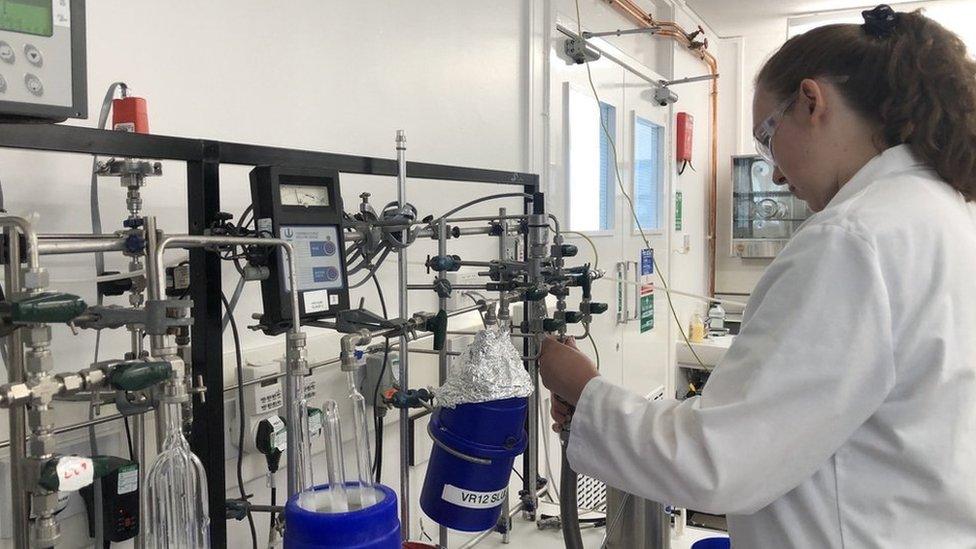Experts to hold talks on Leicestershire's biodiversity
- Published

The School of Geology, Geography and the Environment is hosting the free event
An expert-led evening on the environment of Leicester and Leicestershire is due to take place.
The University of Leicester is inviting people to travel back through time and see the environments of the city and county through the past billion years.
The School of Geology, Geography and the Environment is hosting the free event, which can be booked online.
It will take place on 23 March from 18:00 to 20:00 GMT at the Bennett Building.
History of change
The Time-Travelling Environmentalist's Guide to Leicester will see postgraduate students and researchers from the School of Geology, Geography and the Environment discuss how the environment has changed over deep geological time.
The university said fossils from Bradgate Park indicated that the rocks that now make up the foundations of Leicestershire were formed around volcanic islands that would have faced South America.
Meanwhile, records from a wetland bog next to the Narborough and Littlethorpe Cricket Club reveal the area the city has since been built on was once a biodiverse broadleaf forest.
Many of the woodland patches that still exist in the county have a long history of change, the university said.
The series of short talks will also look at the potential future environment of the city.
People will also be able to view a series of interactive displays.
Co-organiser Rachael Holmes, PhD researcher in palaeoecology, said: "Topics such as the climate and biodiversity crises will be at the forefront of many people's minds but most of the solutions to these challenges need to be addressed within local contexts, instead of a one-size fits all approach.
"Ultimately the long-term success of tackling these issues within counties such as Leicestershire and Rutland, and cities like Leicester, will depend upon sound understanding of their ecology and natural processes so that new policies and initiatives take these into account."
Co-organiser Hannah Sellers, PhD researcher in landscape evolution, said: "We feel it is important for local people to be equipped with this understanding to make informed decisions on the future of the city."

Follow BBC East Midlands on Facebook, external, on Twitter, external, or on Instagram, external. Send your story ideas to eastmidsnews@bbc.co.uk, external.